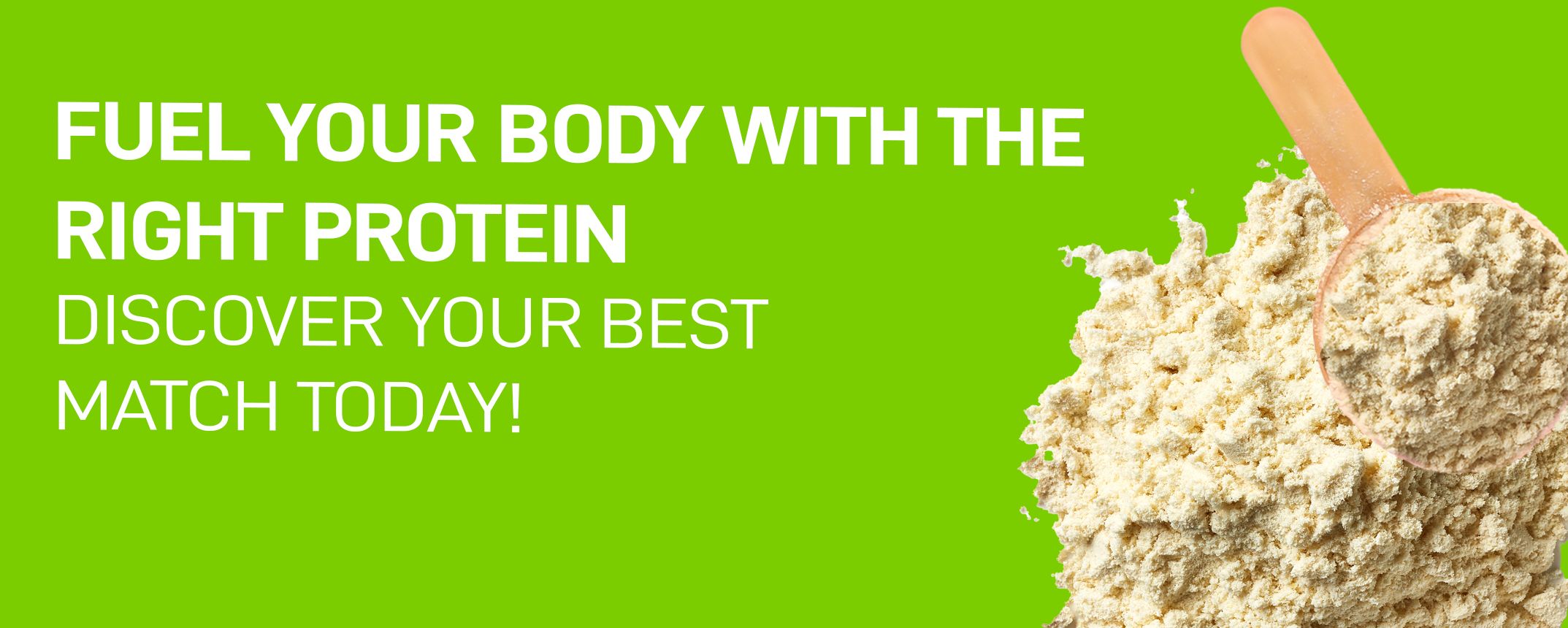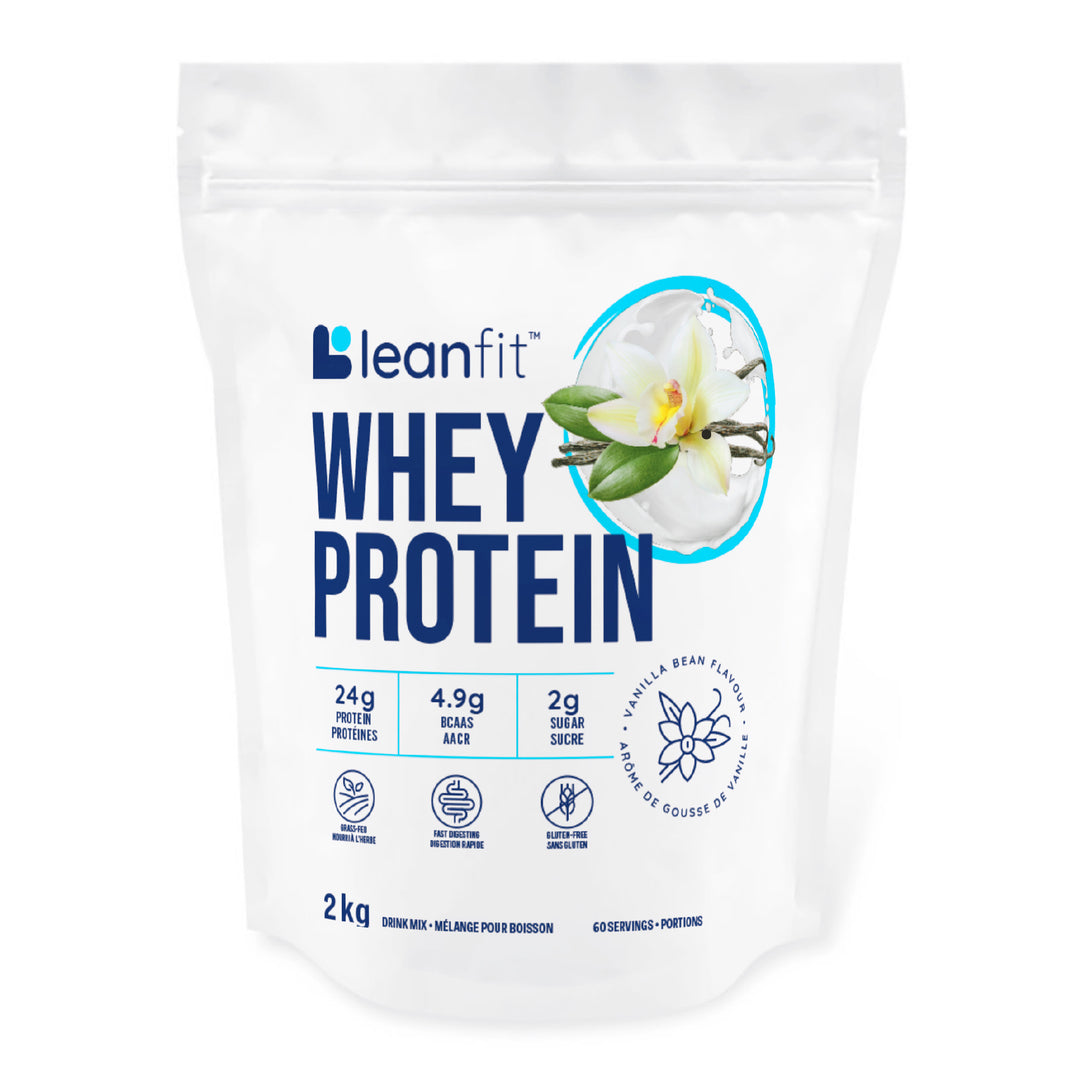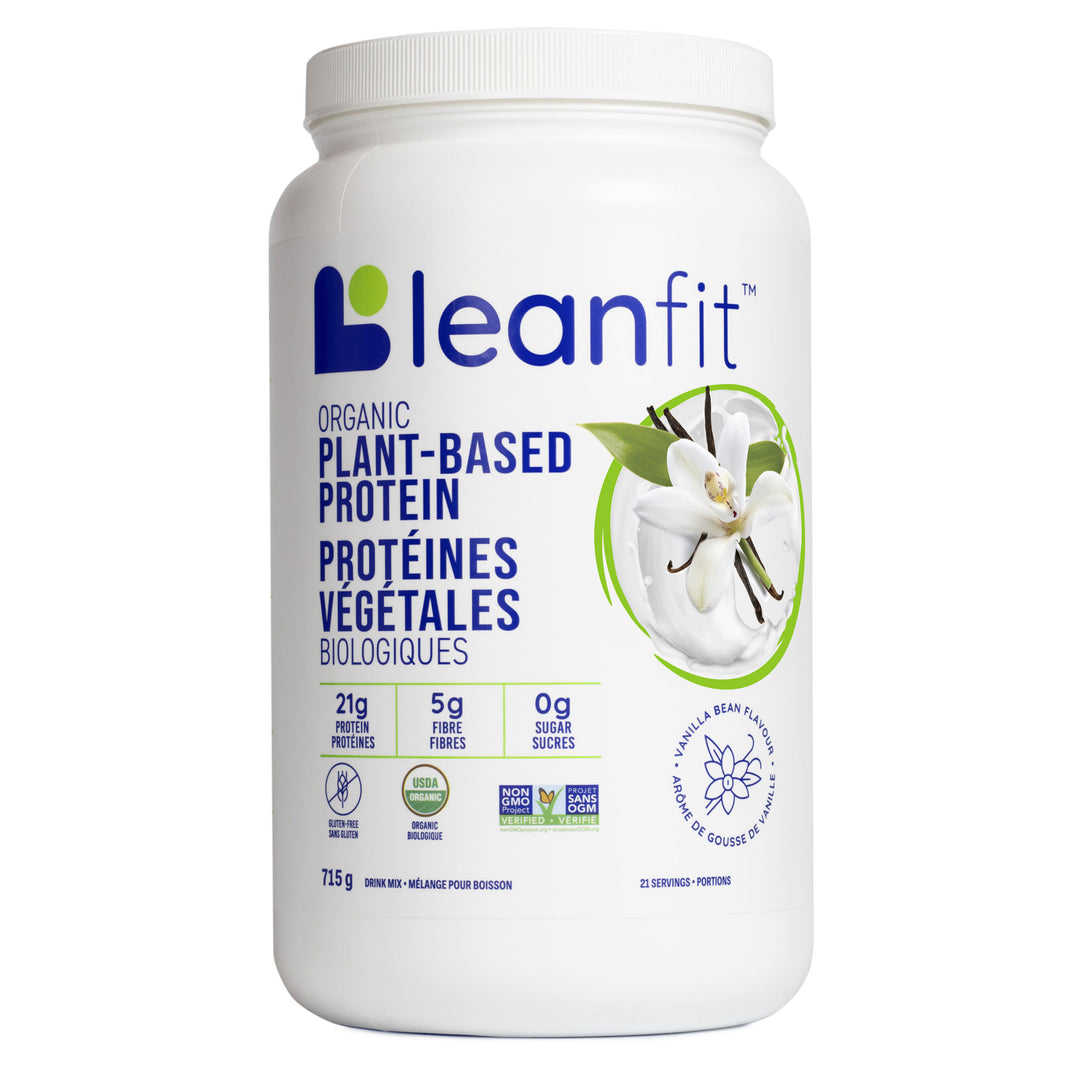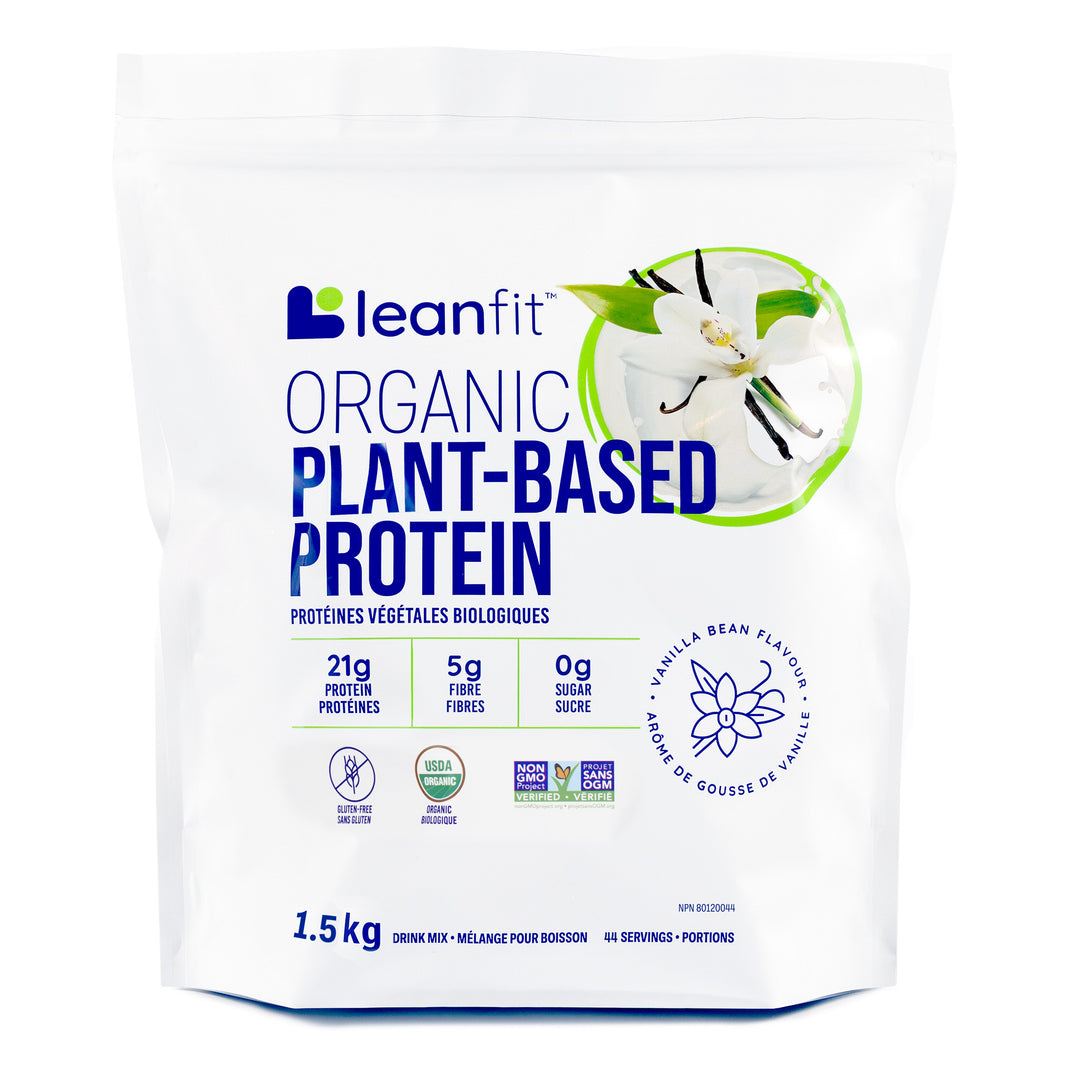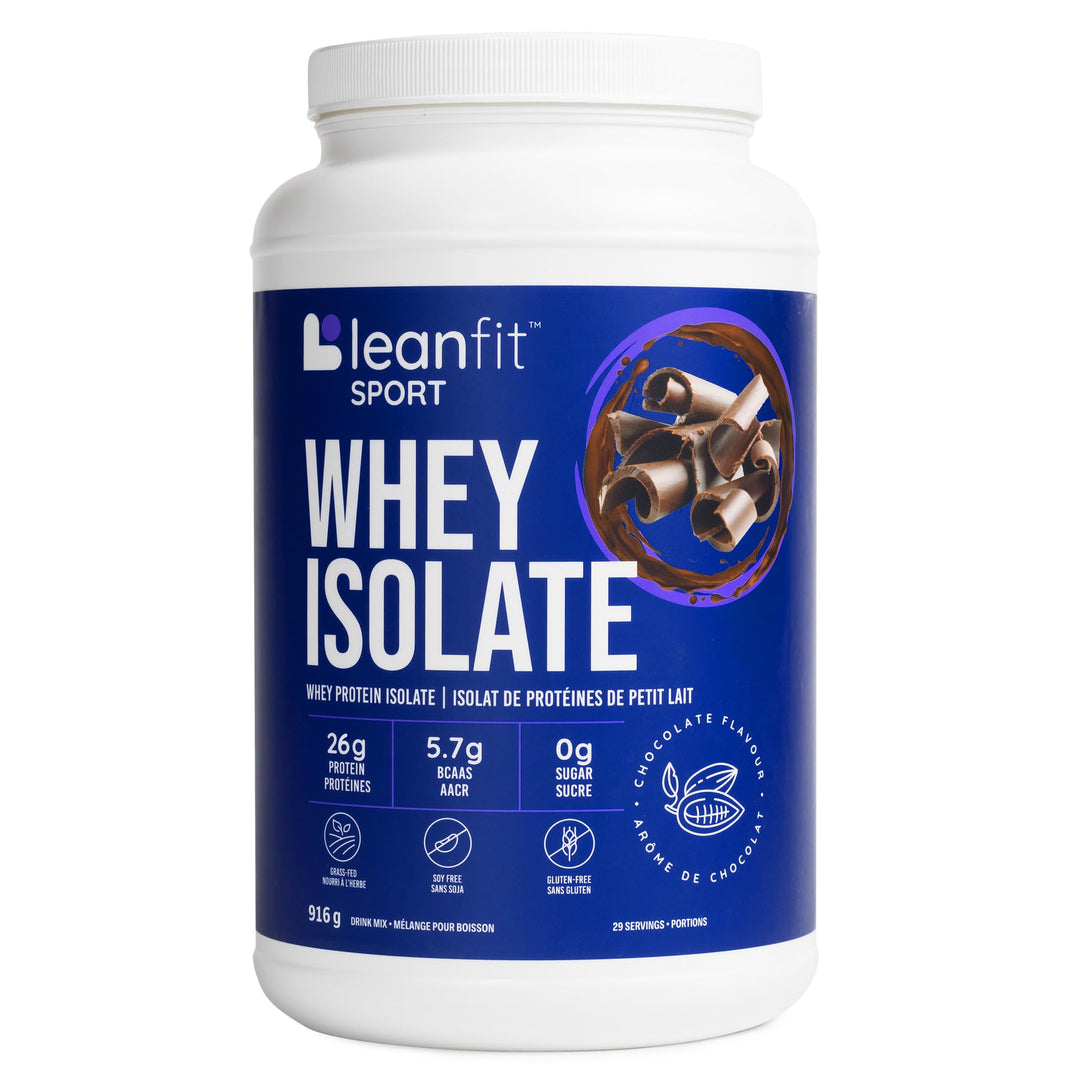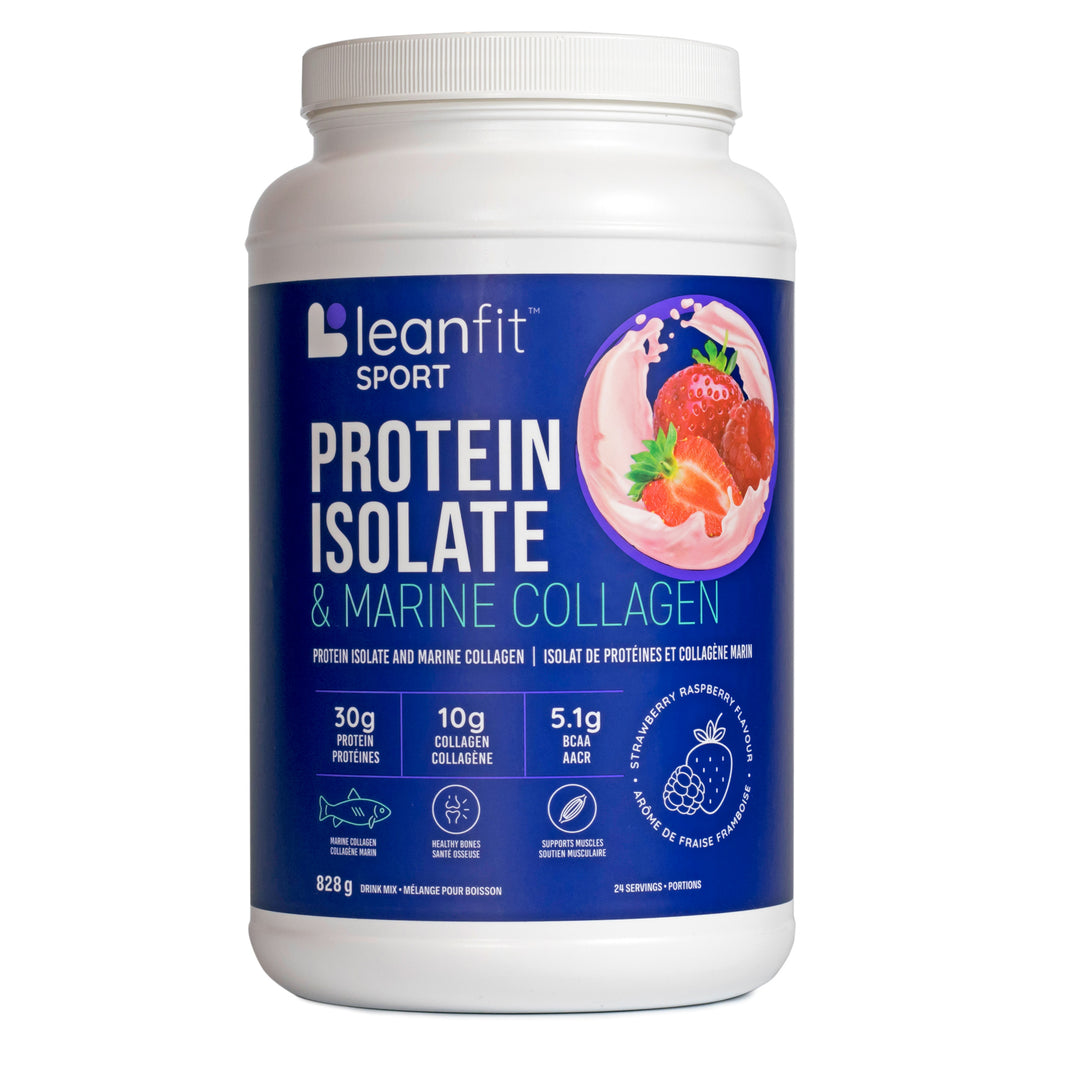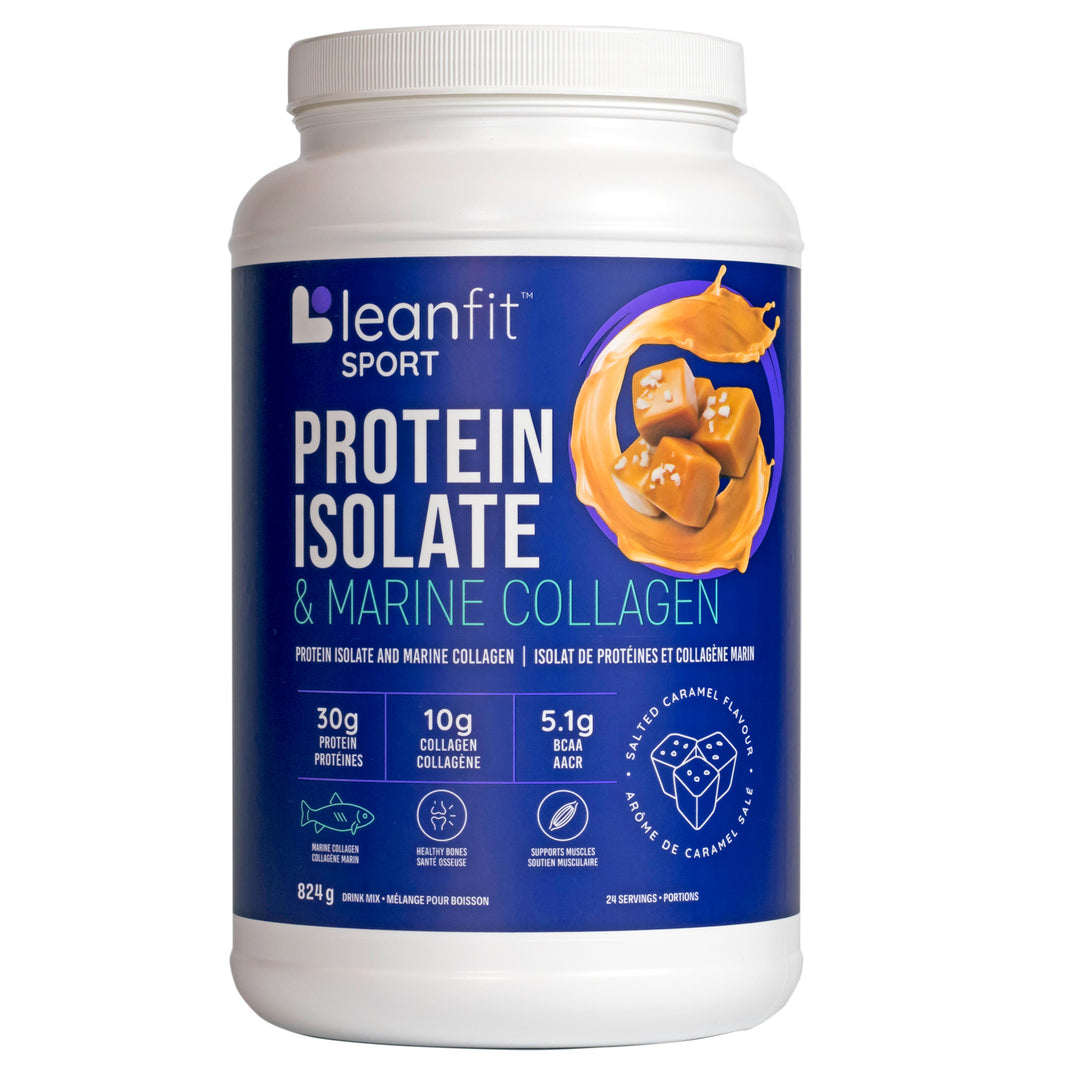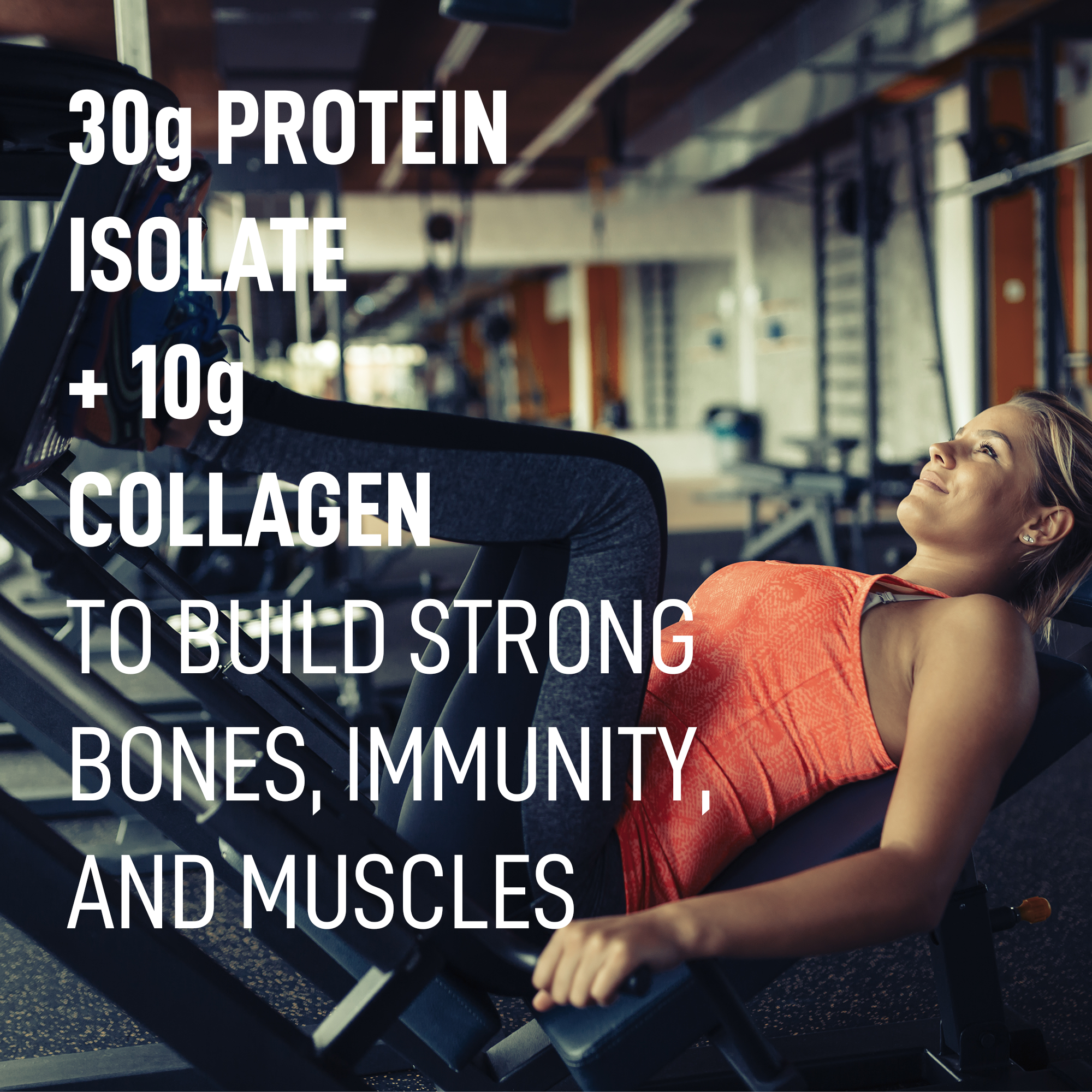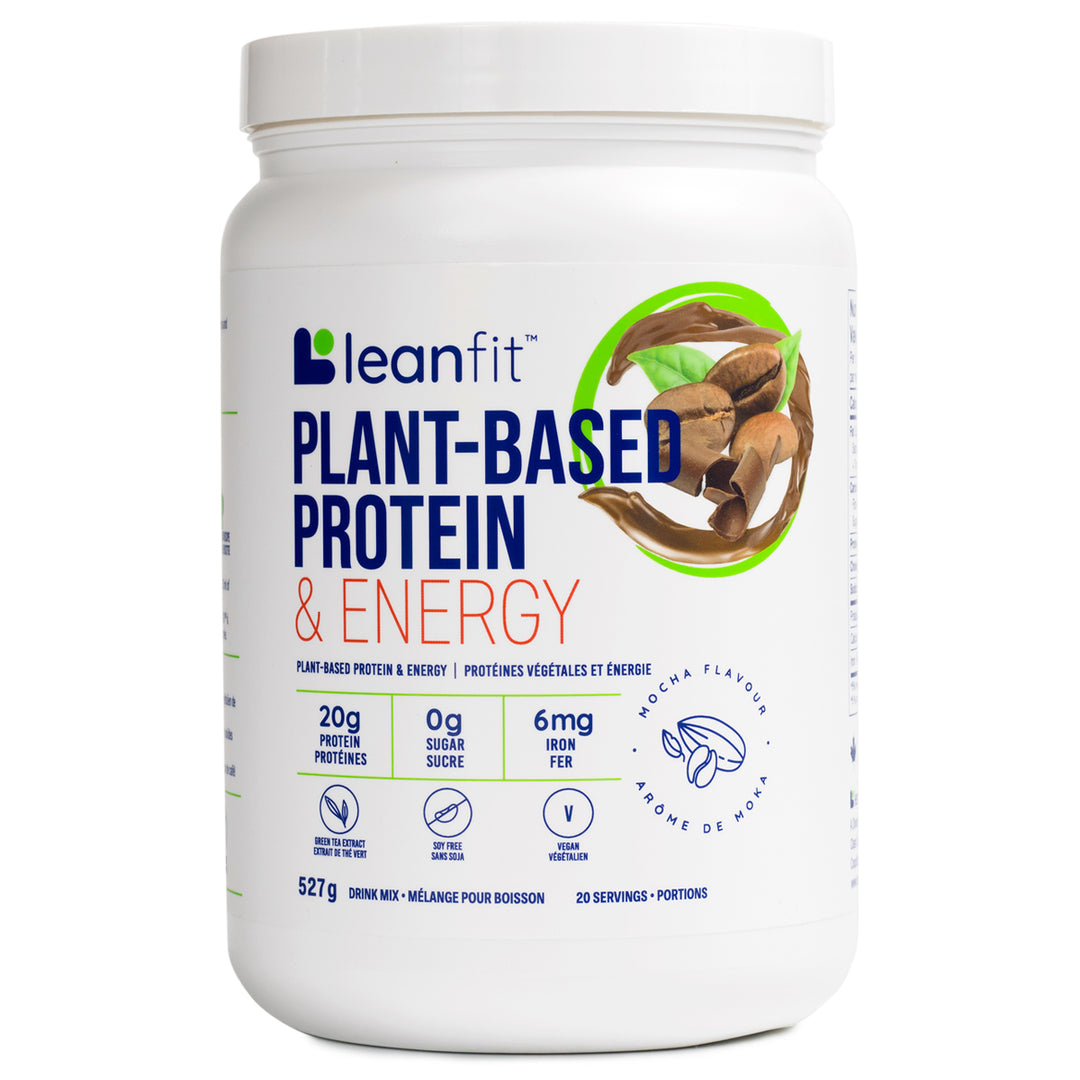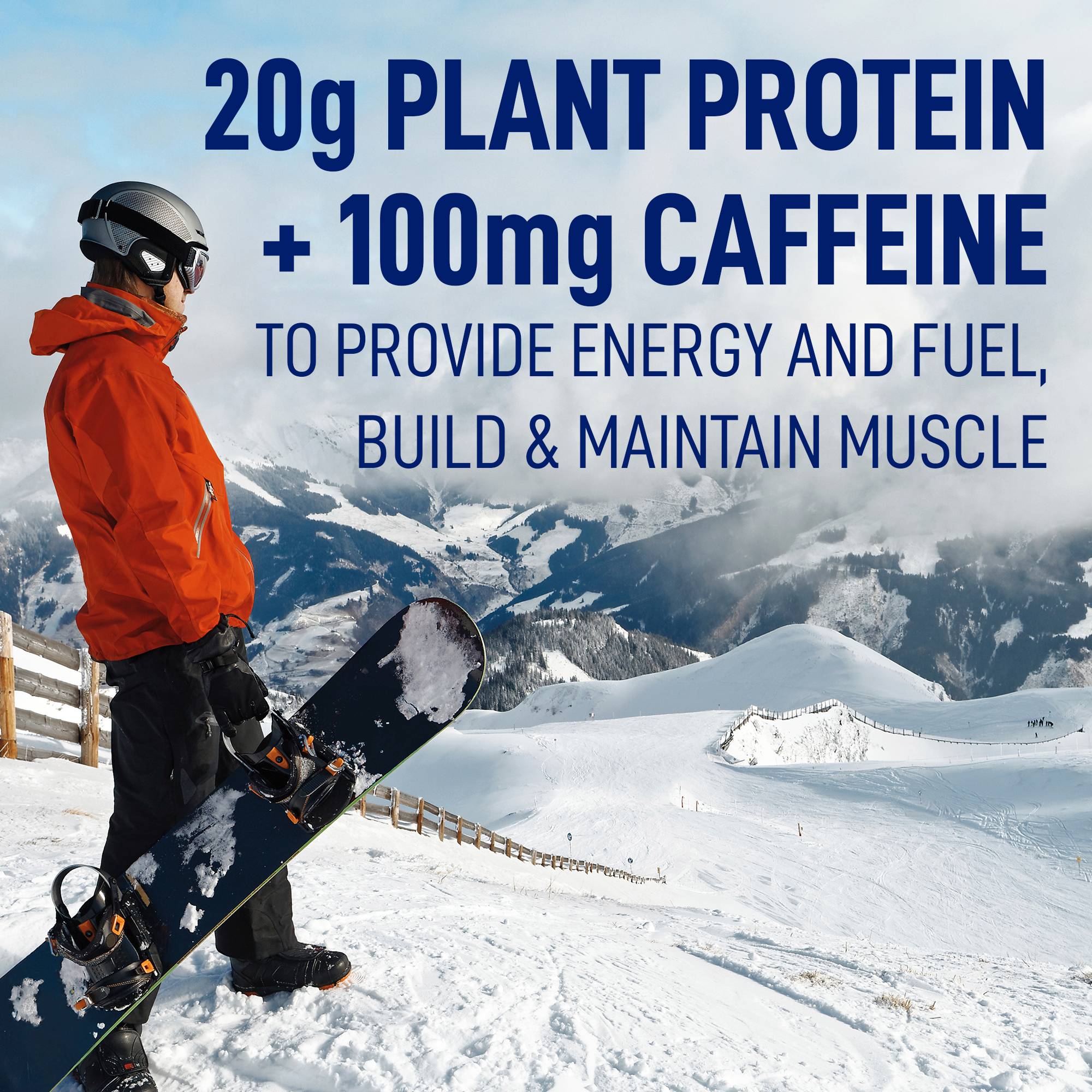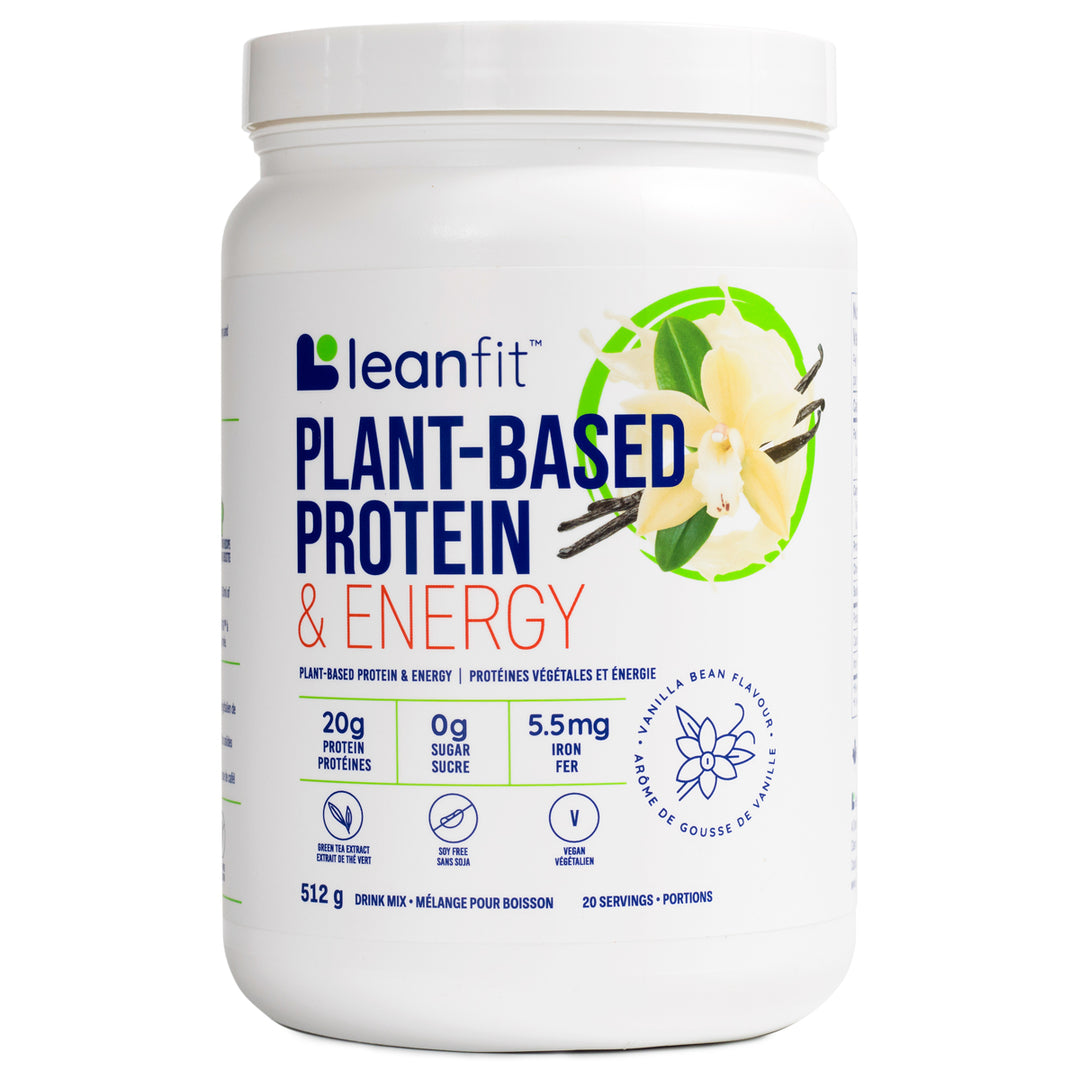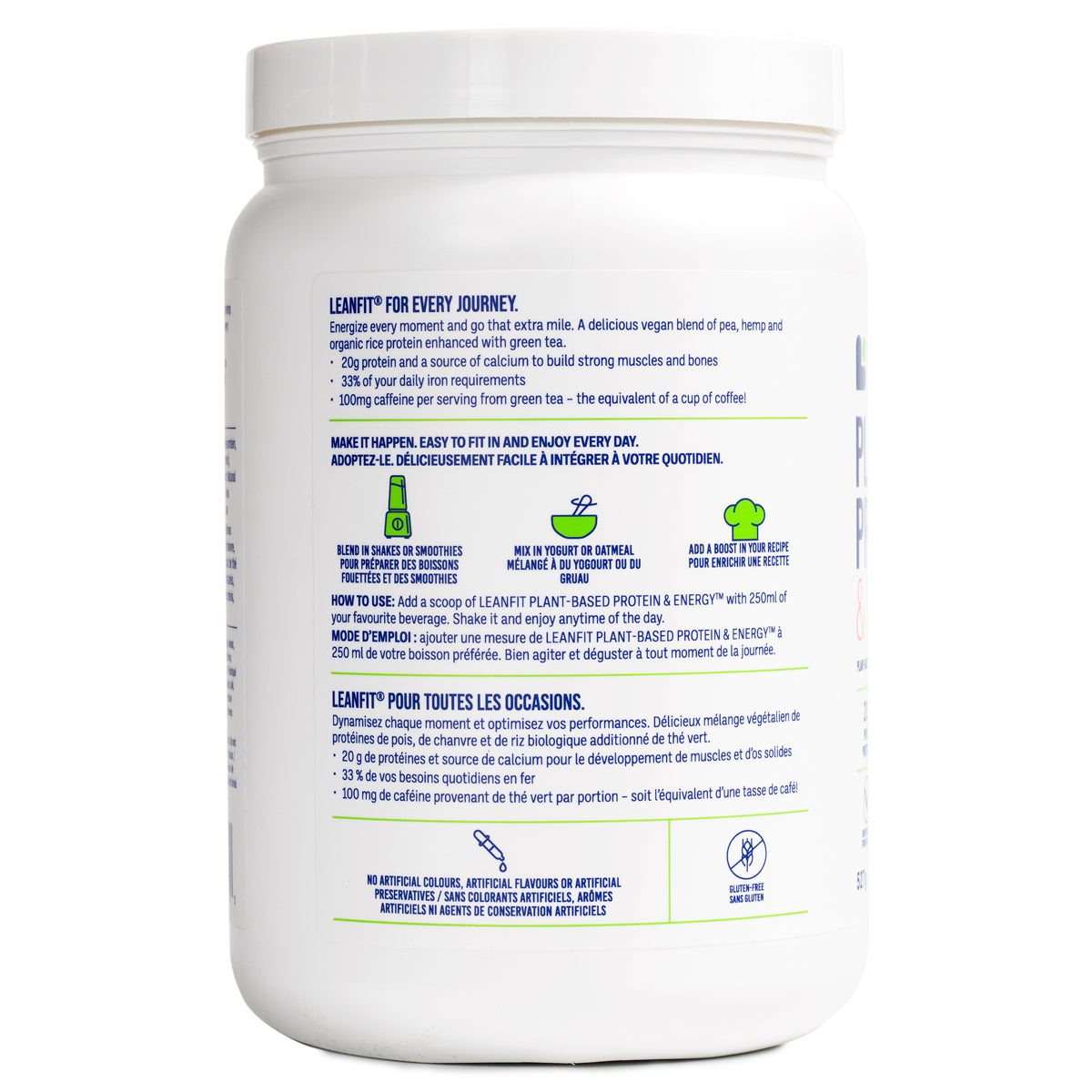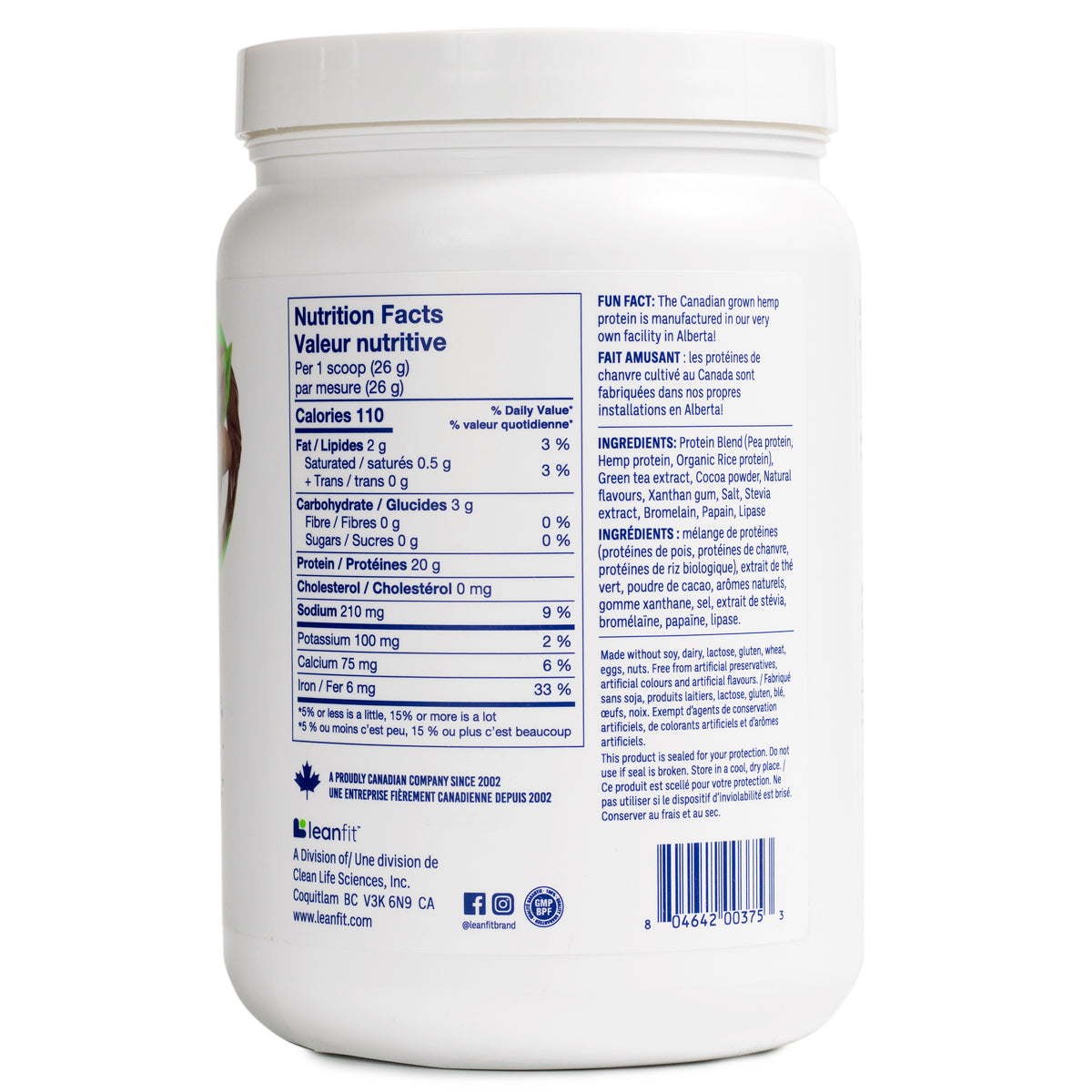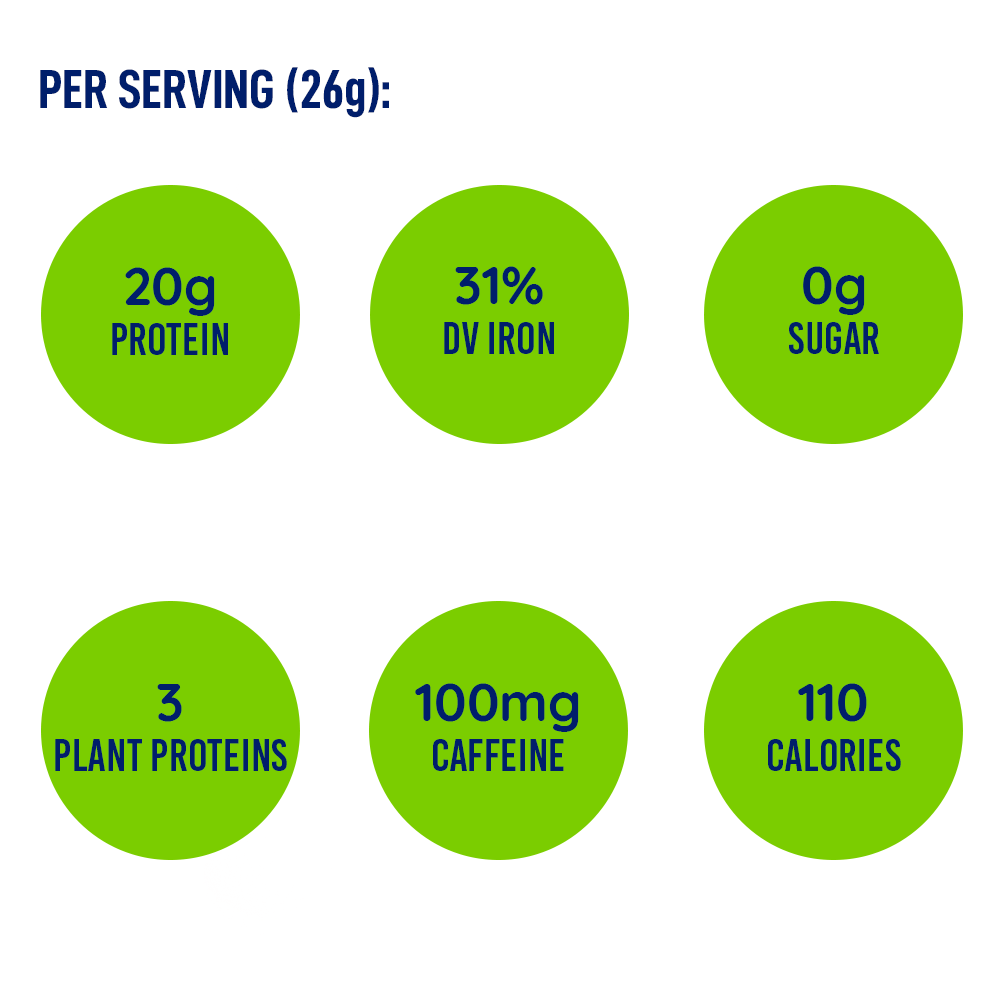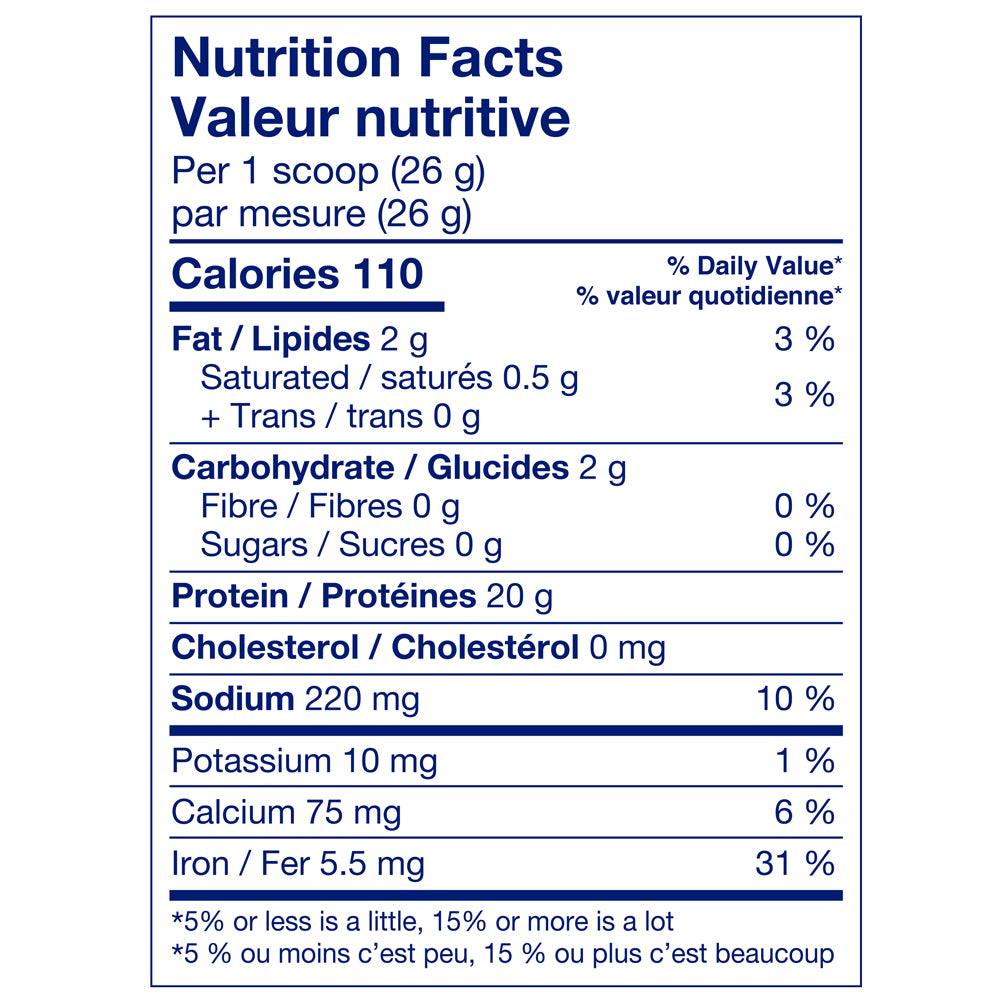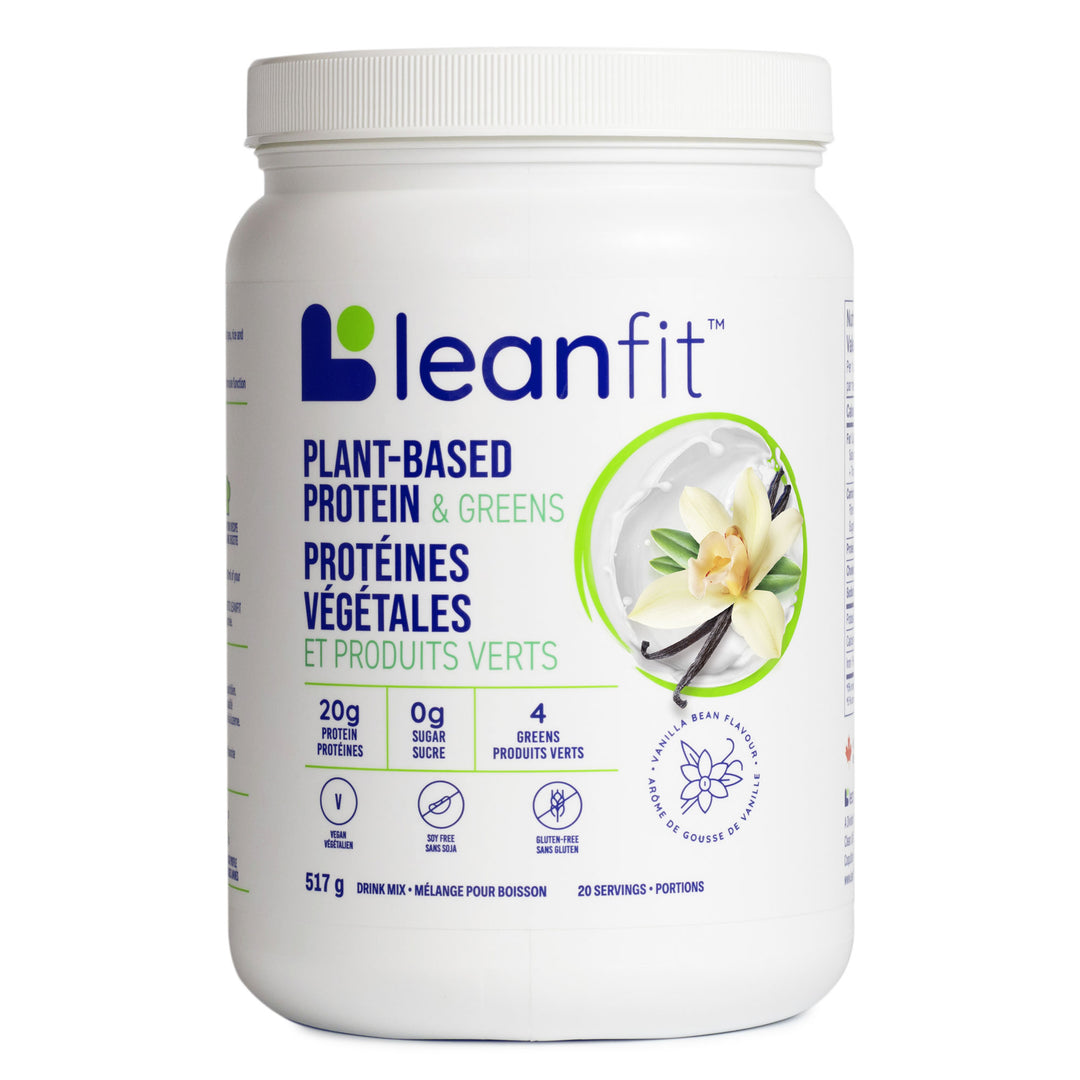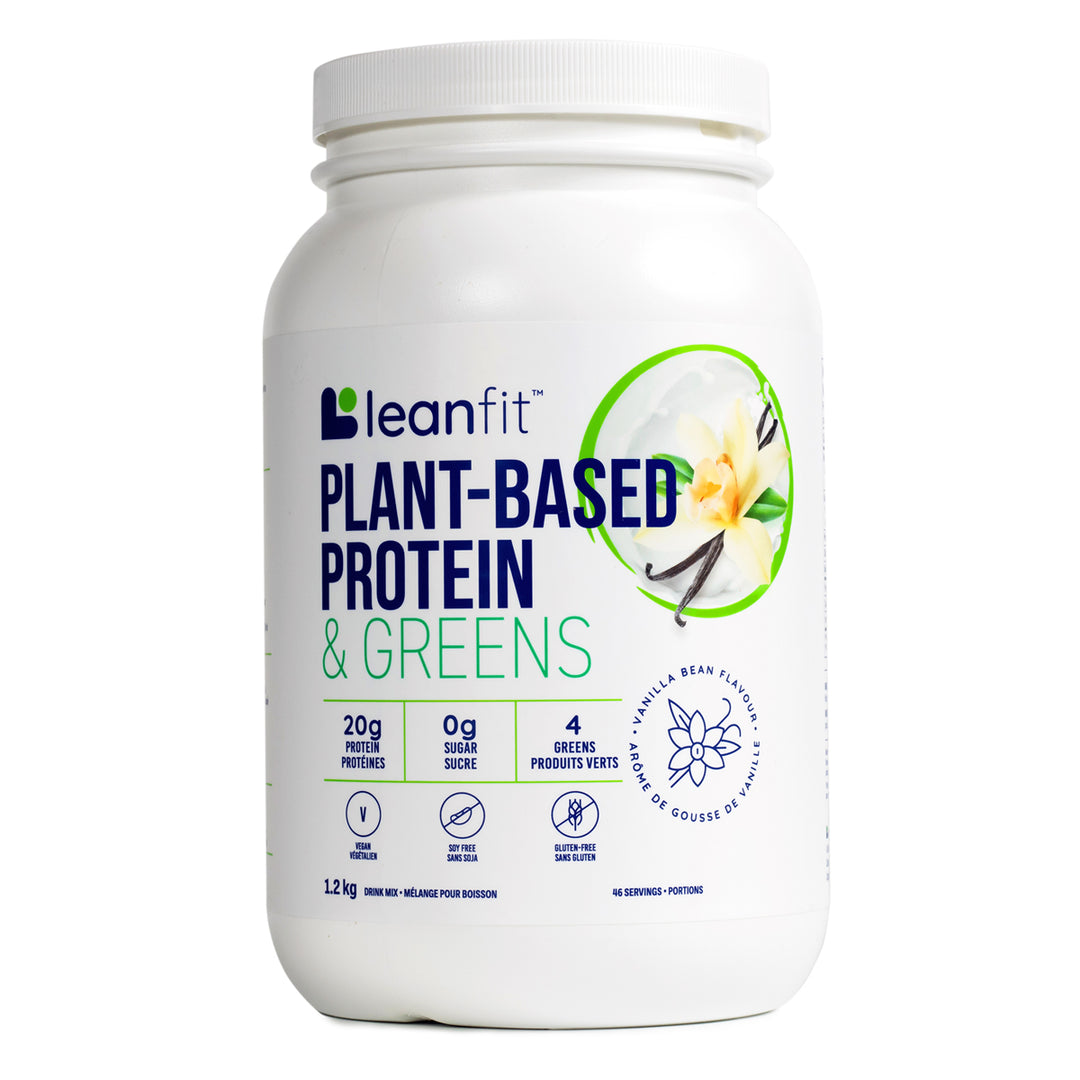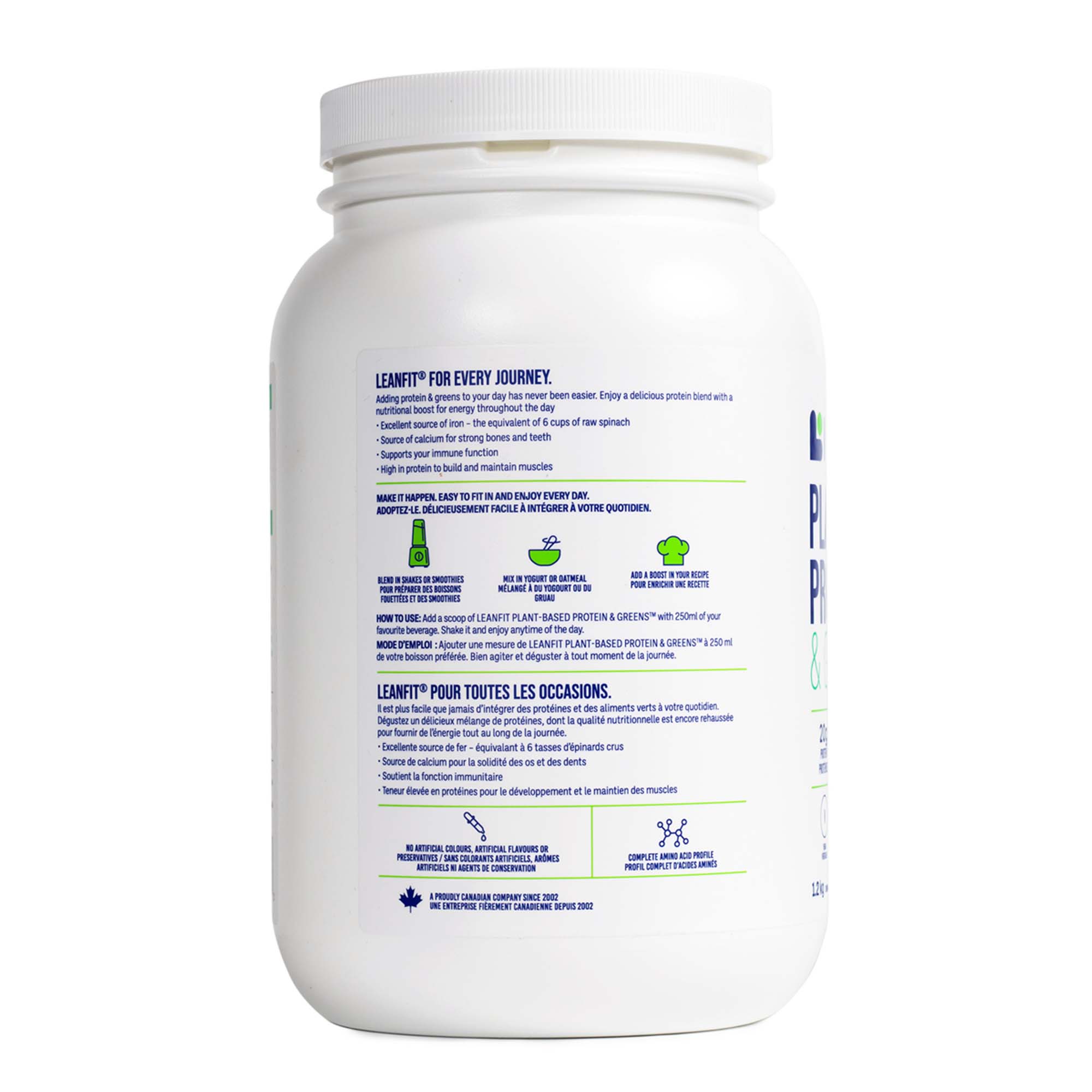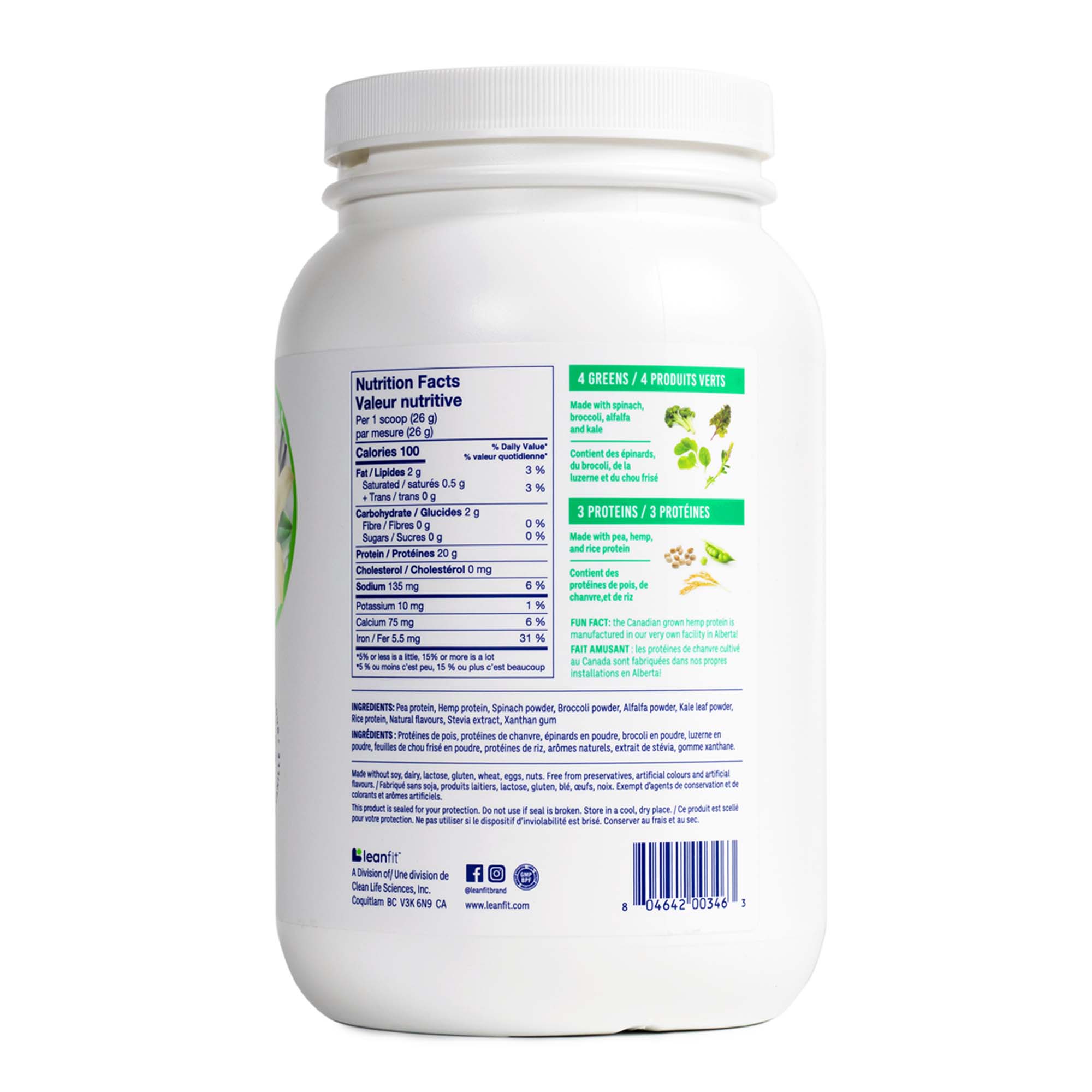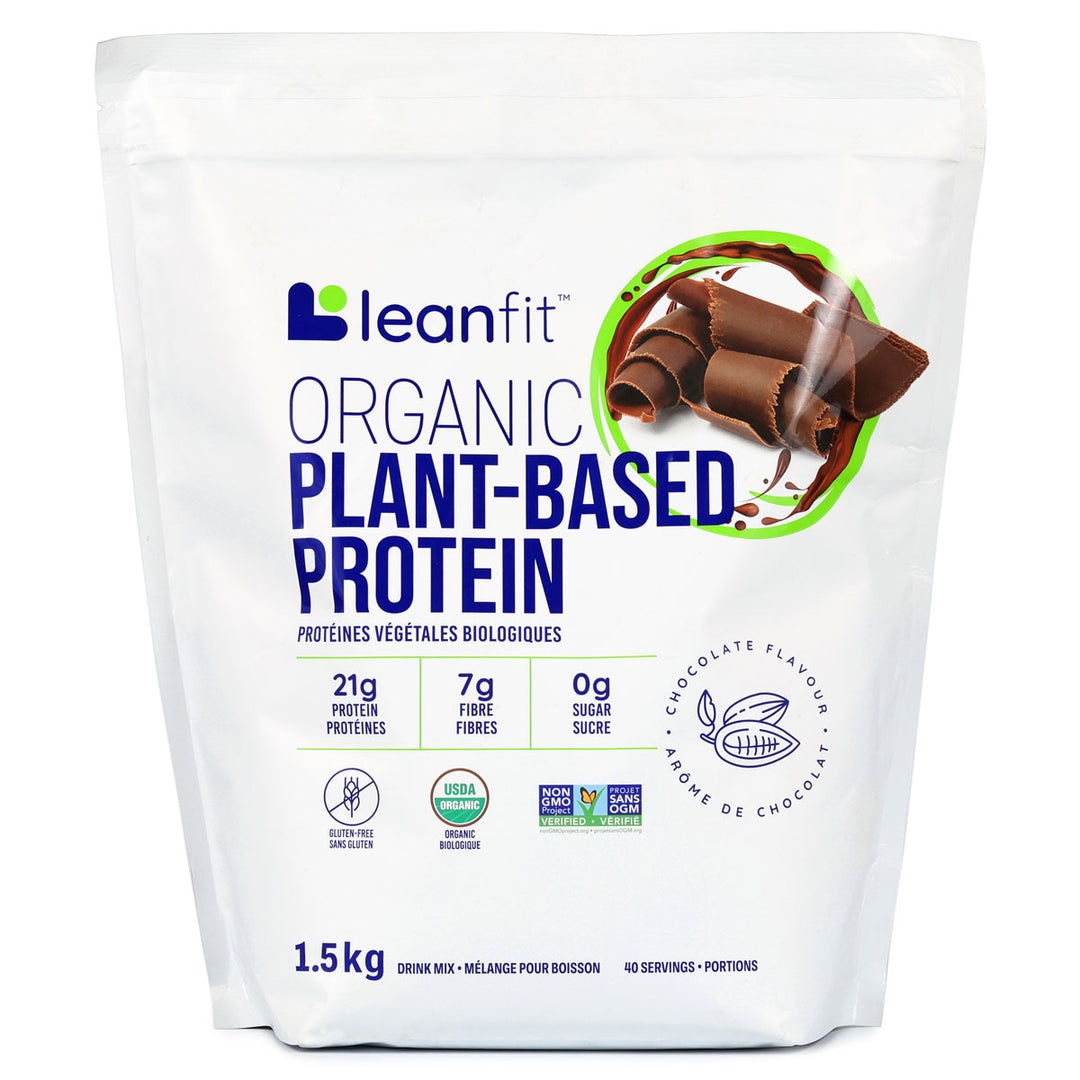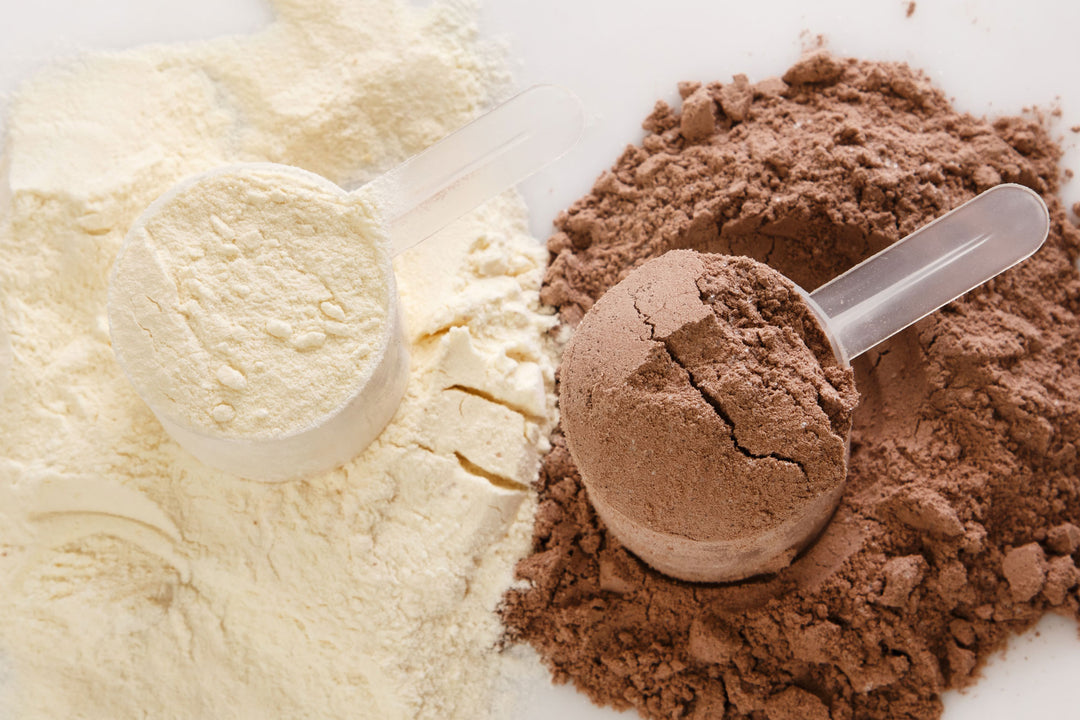
What is protein?
Protein is made up of amino acids, which are the building blocks of your body’s structure and support essential functions like metabolism and muscle repair. Some amino acids are ‘essential’, meaning your body can’t produce them on its own, so you need to obtain them from your diet. Our protein powders are formulated with a complete amino acid profile, including all essential amino acids, to ensure you get everything your body needs for effective muscle building, repair, and overall health.
How can protein benefit you?
Everyone needs protein, whether you are a professional athlete, a part time yogi, or someone who is looking to maintain their overall health. Protein is essential for building and repairing tissues, including muscles, which helps maintain strength and recover from exercise. It also supports immune function and produces important hormones and enzymes, contributing to overall health and wellbeing.
Builds & Repairs Tissues: Helps in muscle growth and recovery, which is important for both exercise and general health.
Maintains Strength: Supports muscle maintenance, crucial for physical strength and overall well-being.
Nutritional Support: Supplies essential amino acids that contribute to overall wellness.
Satisfy Your Hunger: A protein-rich diet can help you feel fuller for longer, supporting balanced eating habits.
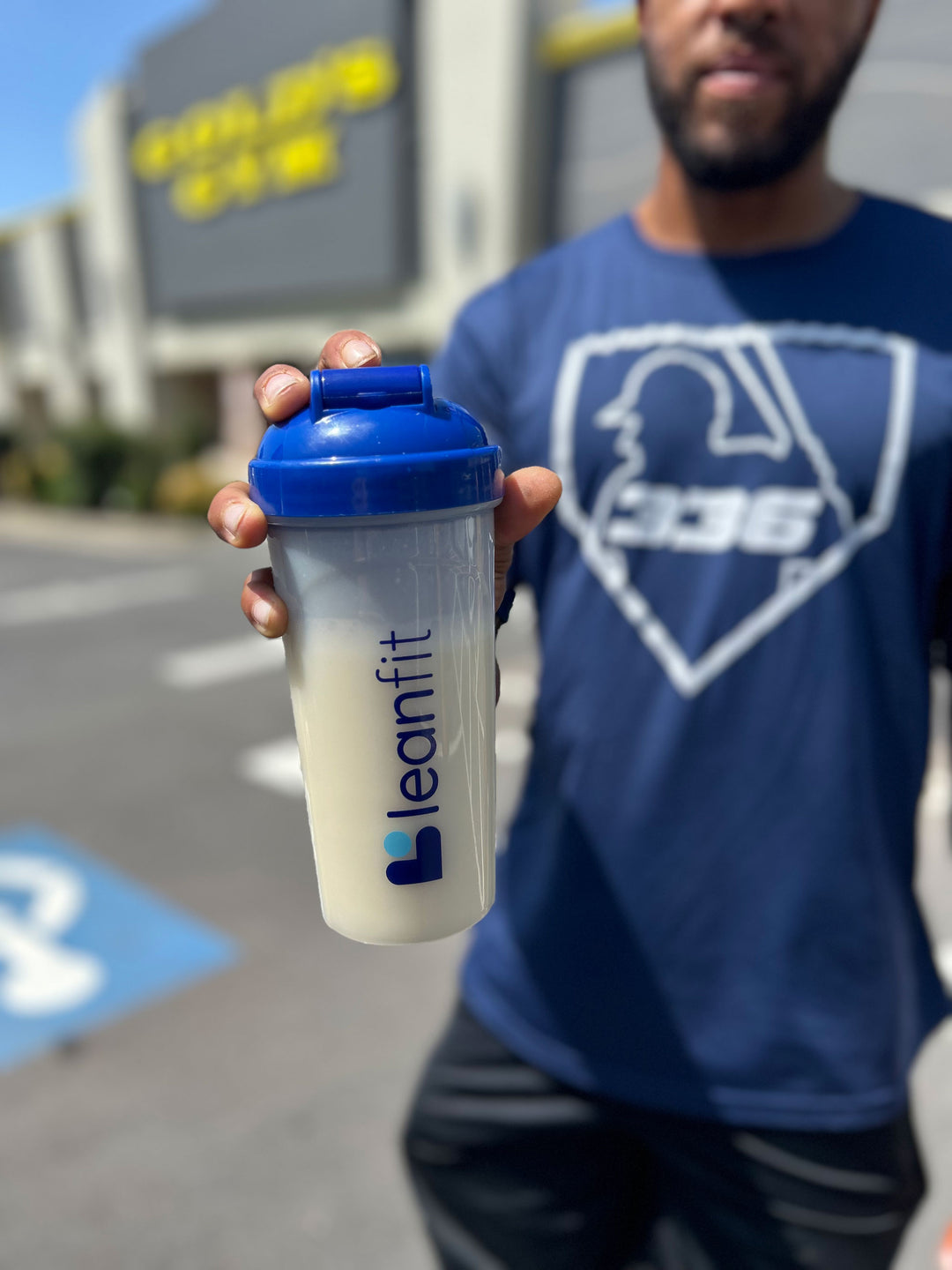

The different types of protein
Whey protein is a high-quality protein powder derived from cow’s milk during the cheese-making process. Easily digestible and absorbed rapidly by the body, whey protein is renowned for its ability to support muscle recovery and growth, making it a popular choice among individuals seeking effective protein supplementation.
Isolate protein is a highly refined form of protein derived from milk, undergoing a filtration process to remove fats and carbohydrates, resulting in a product with exceptionally high protein content. This key difference sets isolate protein apart from regular whey protein, offering a purer protein source that is quickly absorbed by the body for efficient muscle recovery and growth.
Plant-based protein powder is a dietary supplement crafted from a blend of plant-derived sources. While typically not complete proteins on their own (they do not contain all the essential amino acids), our combination of pea, hemp, flaxseed, brown rice, and chia seed protein ensures a diverse and complete amino acid profile. Plant-based protein is a suitable alternative for individuals seeking protein options outside of animal sources.
Collagen is the most abundant protein in the human body and plays a crucial role in providing structural support to various tissues, including skin, bones, tendons, ligaments, and cartilage. Collagen is composed of amino acids, which are the building blocks of protein. When consumed as part of the diet or in supplemental form, collagen provides the body with specific amino acids that contribute to the health and integrity of connective tissues.
Casein protein is another protein derived from cow’s milk, but unlike
whey, it digests slowly, providing a gradual release of amino acids into the bloodstream. This slow absorption makes casein an ideal choice for nighttime supplementation or periods when a slow, steady release of protein is beneficial, such as during extended fasting or between meals.
Choosing the Right Protein
When selecting a protein supplement, consider your dietary preferences, fitness goals, and any specific health needs. Whey and isolate proteins are excellent for rapid muscle recovery and growth, while plant-based proteins offer a vegan-friendly option with a complete amino acid profile. Collagen supports joint and skin health, and casein is ideal for sustained protein release. By understanding the benefits of each type, you can make an informed choice that aligns with your individual health and fitness objectives.
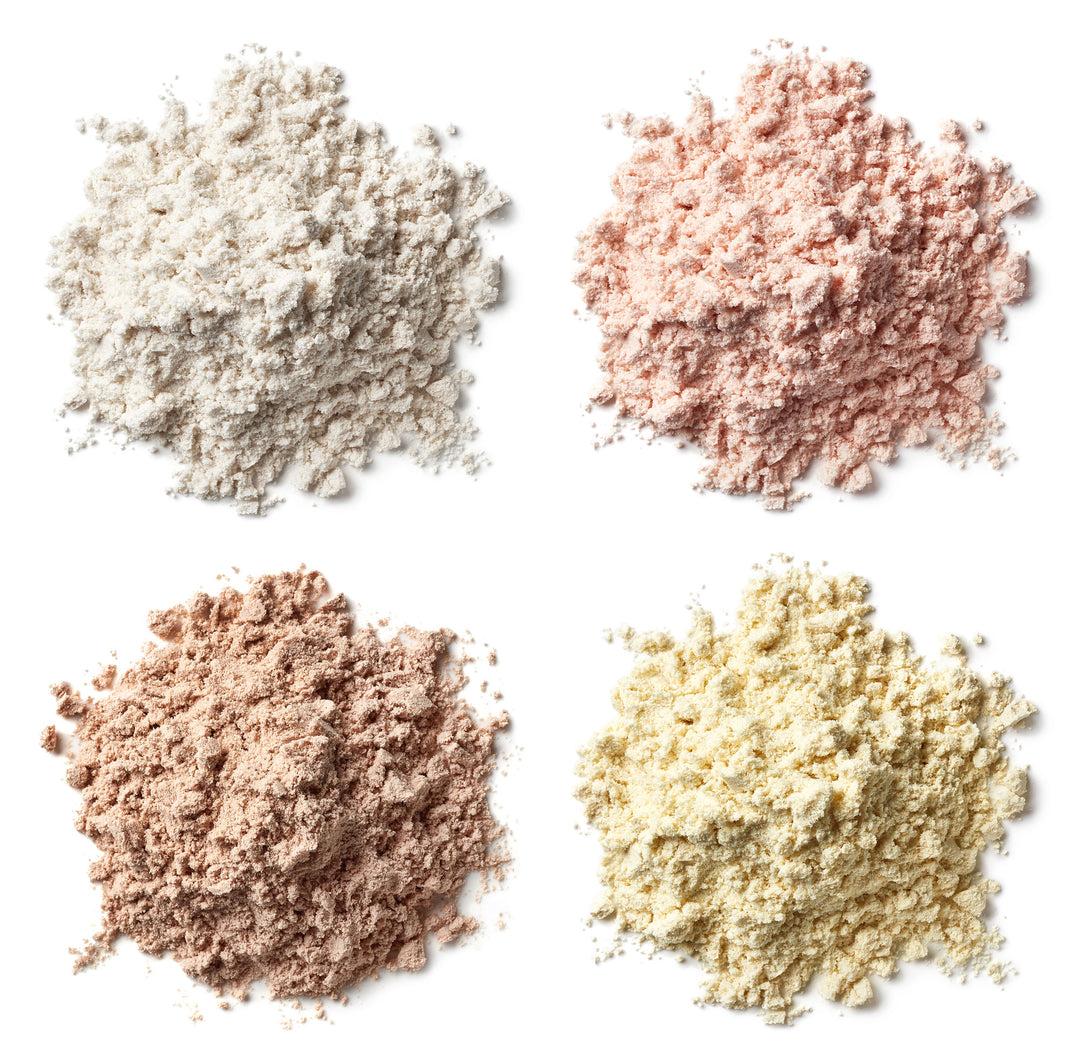

How much protein should you consume?
The amount of protein you need depends on several factors, including your activity level, age, gender, weight, and height. For general guidance, aim for about 0.8 gram of protein per kilogram of body weight per day. If you’re highly active or engaged in regular strength training, you might benefit from consuming more protein to support muscle repair and growth.
How To Use
Any Time of Day: LEANFIT® proteins can be enjoyed morning, noon, or night as a versatile addition to your meals.
Shake It Up: Mix one scoop into 250ml of water or your favourite beverage.
Smoothies: Blend one scoop into any smoothie recipe for a convenient breakfast, snack, or post-workout recovery option.
Cooking & Baking: Stir one scoop into recipes by replacing ¼ of the flour with the protein powder for a protein boost.
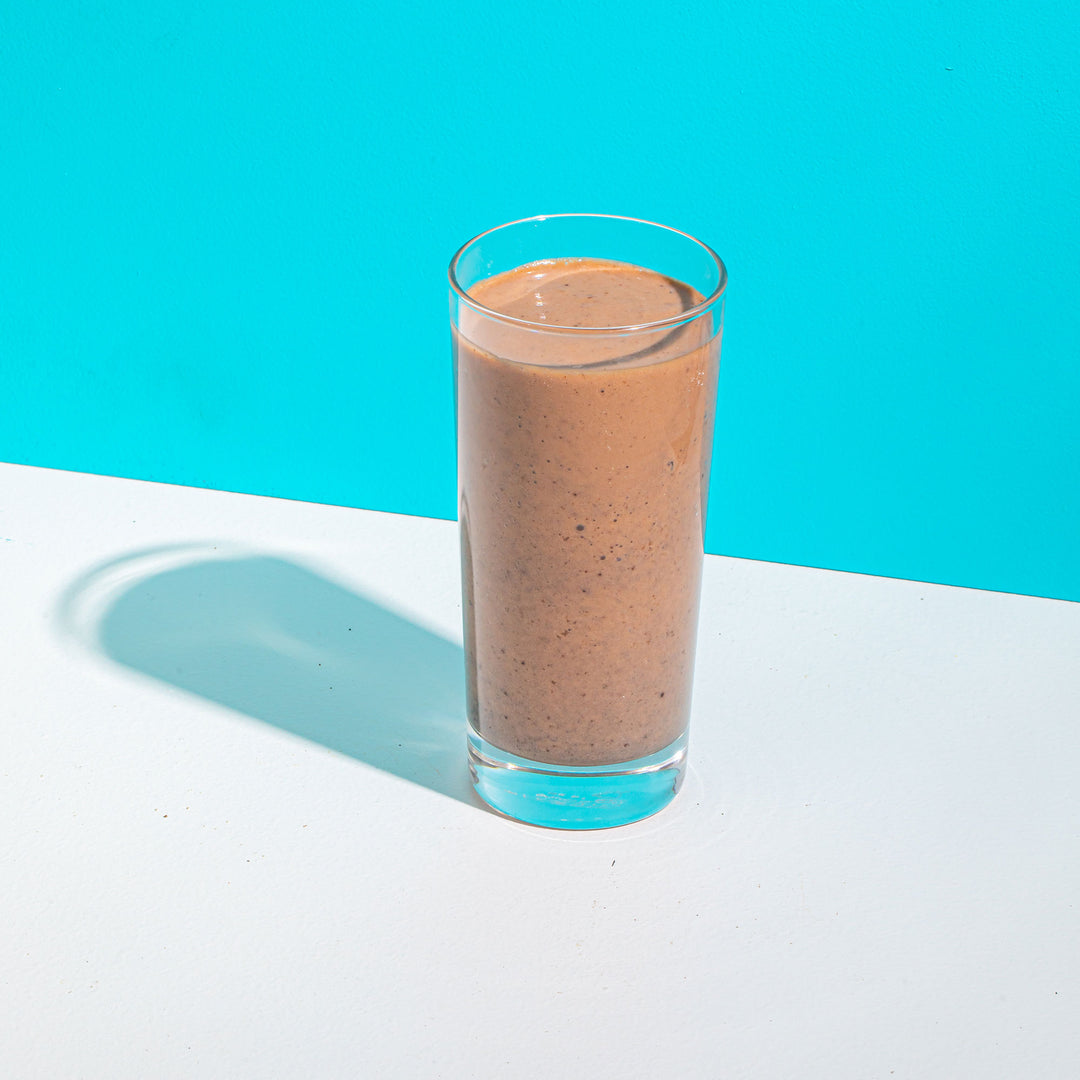
FAQs
Protein is a macronutrient essential for the body to build and repair tissues, including muscles, skin, and hair. It also helps produce enzymes, hormones, and other body chemicals. For those who are active, consuming enough protein can aid in muscle recovery and support overall health.
Protein supplements provide a convenient way to meet your daily protein needs, especially for those with busy lifestyles. They can aid in muscle recovery after workouts, help you feel full longer, and support weight management goals. LEANFIT protein powders are also low in sugar, making them a healthy option.
The right protein for you depends on your dietary preferences, lifestyle, and health goals. Whey protein is a great option for those looking for quick absorption and muscle recovery, while plant- Based proteins are ideal for those
seeking vegan or vegetarian options.
Whey protein is derived from milk and is known for its fast absorption and complete amino acid profile, making it ideal for muscle recovery. Plant-based protein, like pea or rice protein, is a good alternative for those who are lactose-intolerant, vegan, or prefer a plant-based diet. It may be slower to digest but still provides many essential amino acids.
The recommended protein intake varies depending on your activity level, age, and health goals. Generally, it is advised that the average adult should aim for 0.8 grams of protein per kilogram of body weight. For those who are more active, or looking to build muscle, protein intake may need to be increased.
For most people, spreading protein intake throughout the day is beneficial. Consuming protein after a workout can help with muscle recovery, while having protein-rich snacks can help manage hunger and maintain energy levels.
While protein powders can be part of a healthy meal, they are not meant to be complete meal replacements. Pairing protein with a balanced diet that includes carbohydrates, fats, vitamins, and minerals is essential for optimal nutrition.
Excessive protein intake, especially from supplements, can strain the kidneys and may lead to digestive issues like bloating or constipation. It’s important to stick to recommended daily intake based on your individual needs and consult with a healthcare provider if unsure.
Yes, protein can support weight loss by helping you feel fuller longer, reducing cravings, and preserving lean muscle mass during calorie deficits. Combining protein intake with exercise and a balanced diet is key for achieving weight management goals.
LEANFIT offers a variety of protein options for individuals on any journey, including plant-based and whey-based proteins. Check the ingredient list on each product to ensure it meets your specific dietary needs. Many of our products are also gluten-free and contain no artificial sweeteners.
Consuming protein is essential during any stage of development or growth! Protein powder is considered a food product. We recommend consulting with your qualified healthcare practitioner to decide what is best for your needs during this exciting time.
The recommended serving size and nutrition panel is designed for an adult diet. However, protein powder is considered a food product. We recommend consulting with your child’s qualified healthcare practitioner to decide what is best for their goals.
No problem! Our customer service team would be happy to help answer any other questions you may have. Visit our Help Centre to contact us.




